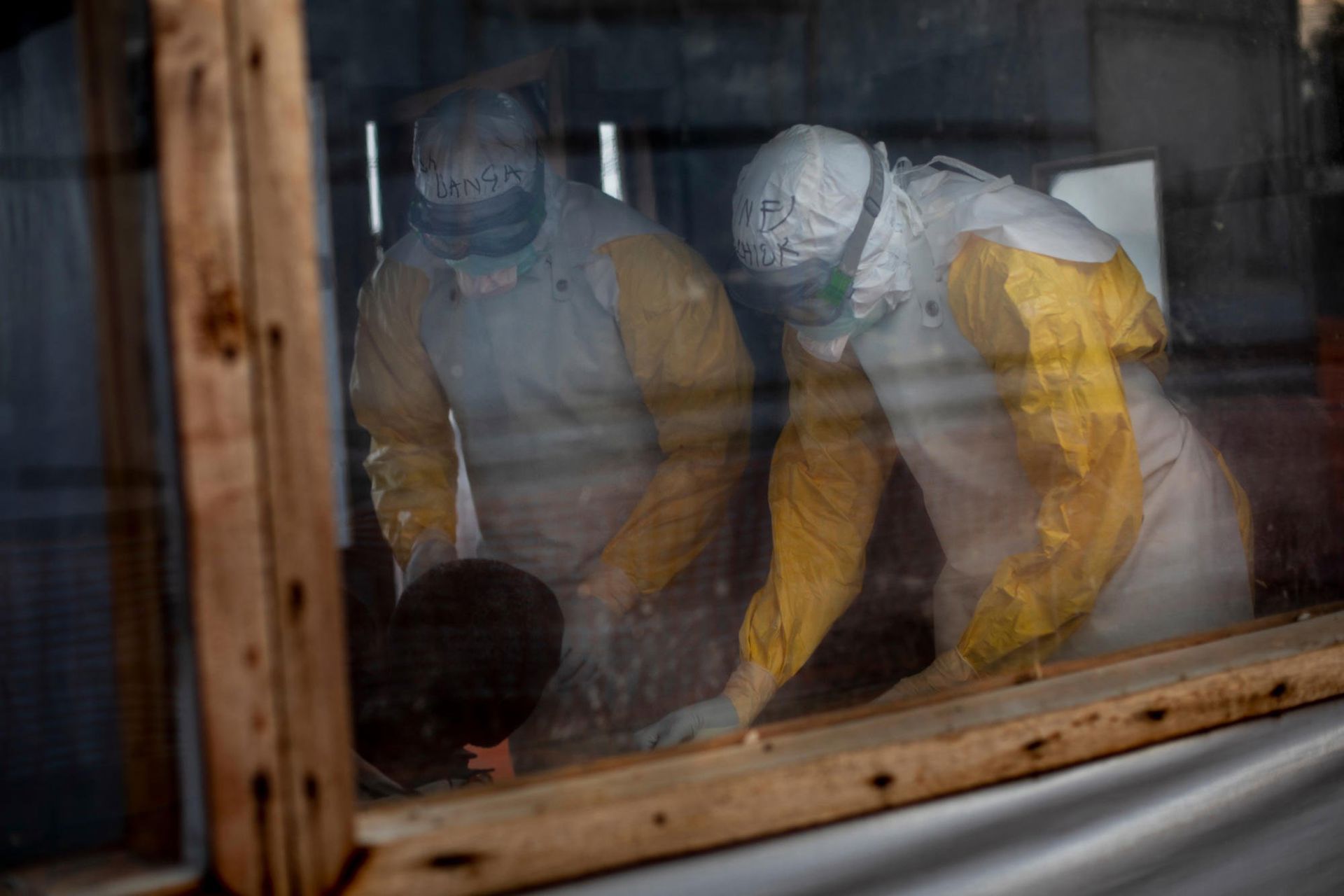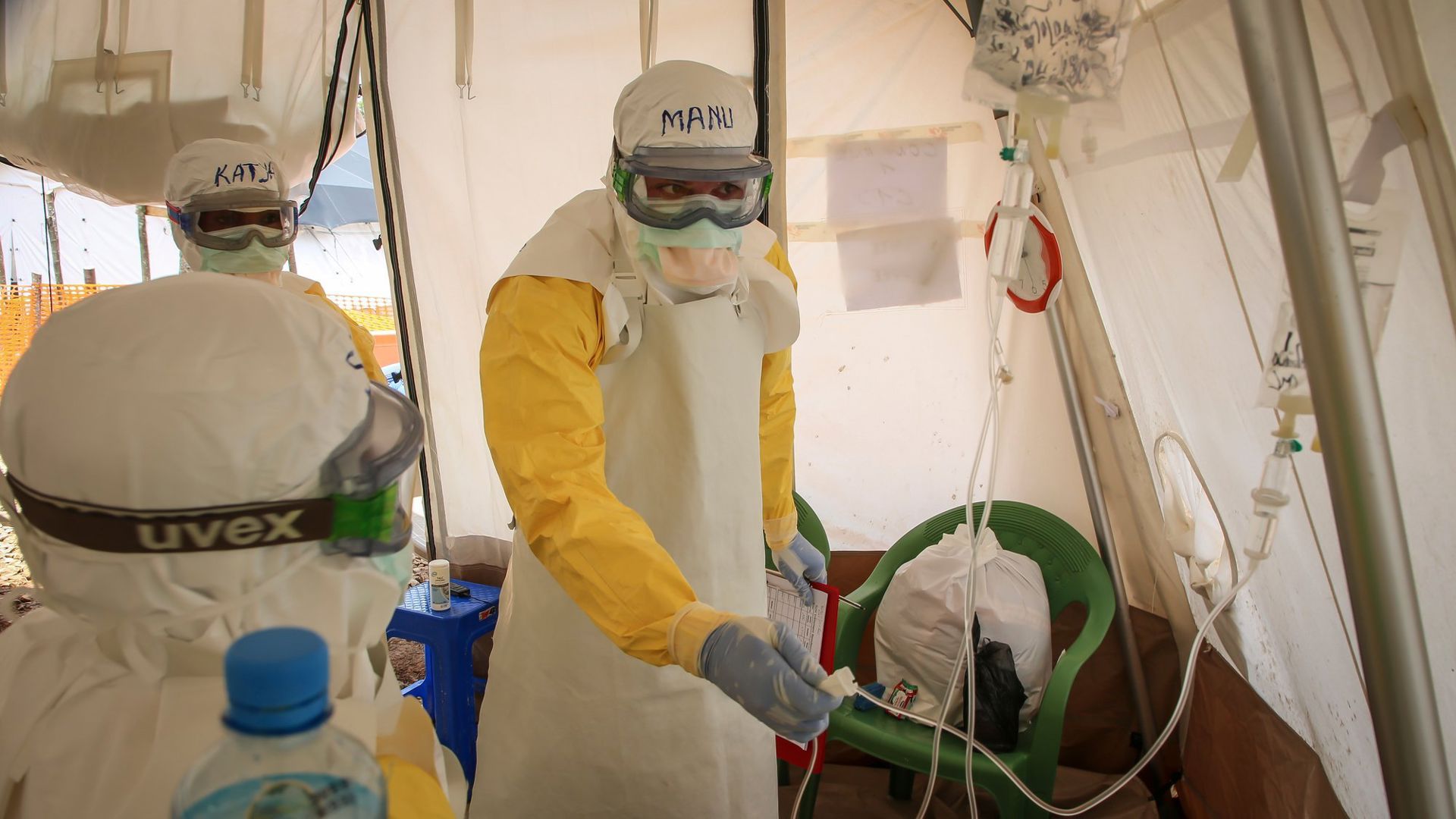WHO today declared the Ebola virus disease outbreak in the Democratic Republic of the Congo (DRC) a Public Health Emergency of International Concern (PHEIC). MSF International President, Joanne Liu said, “The signs are clear: people are still dying in the communities, health workers are still infected, and transmission is still going on. The epidemic is not under control and we need a change of gear: but this should not be about movement restrictions or the use of coercion on the affected population. Communities and patients need to be at the centre of the response, they need to be active participants.”
Liu continues, “MSF has experienced first hand how difficult it is to respond to this epidemic. We need to take stock of what is working and what is not working. In a context where contact tracing is not working fully, and all affected people are not reached, a large scale approach is needed for prevention, this means better access to vaccination for the population to reduce transmission.”
Since the declaration of the epidemic in DRC nearly one year ago, on 1 August 2018, the number of cases has continued to increase rapidly. It is now by far the country's largest-ever, and the second-biggest Ebola epidemic ever recorded, behind the West Africa outbreak of 2014-2016. With the first case in Goma this week and 3 Ebola cases confirmed in Uganda – representing the first instance of cross-border spread of the outbreak and changes the geographic scope of the epidemic.
MSF has been involved in the outbreak response, working with the Ministry of Health, since the declaration of the epidemic in August 2018. Our activities were suspended in Butembo following an attack on the Ebola Treatment Centre (ETC) we were operating with the Ministry of Health. However, we are still running Ebola activities in the North-Kivu towns of Kayna, Beni and Lubero, as well as Ebola isolation facilities in Ituri province, in the towns of Bwana Sura and Bunia. In the city of Goma, MSF has been supporting emergency preparedness by reinforcing the surveillance system and ensuring there is adequate capacity to isolate suspected cases.
Apart from Ebola outbreak, multiple humanitarian crises are unfolding in northeastern DRC, and hundreds of thousands of people are in urgent need of humanitarian assistance. The recent upsurge in violence have forced thousands to flee their homes. At the same time, there is a massive measles outbreak, more than 1500 people have died in the current epidemic. On top of this is the peak of malaria. This makes four crisis in one and humanitarian aid needs to be urgently scaled up.



